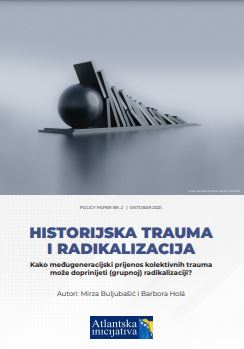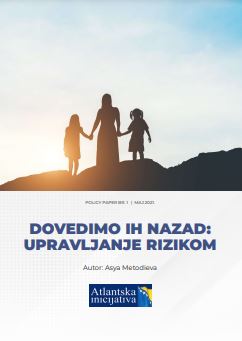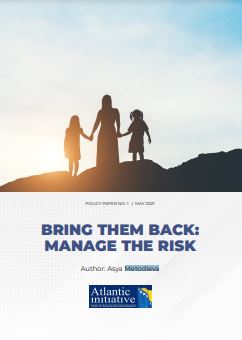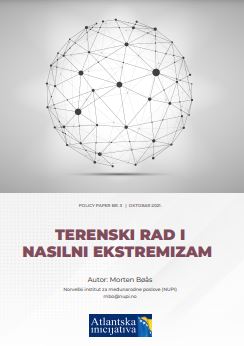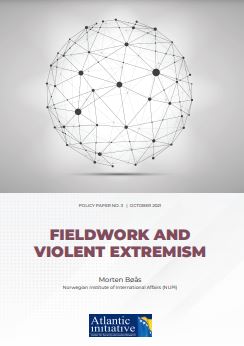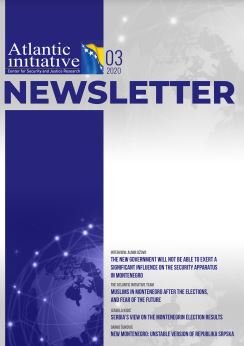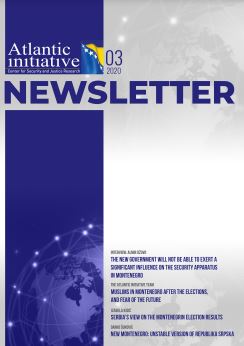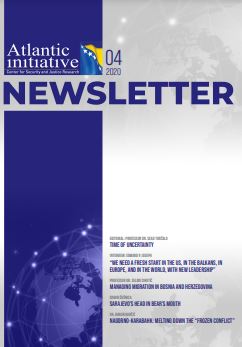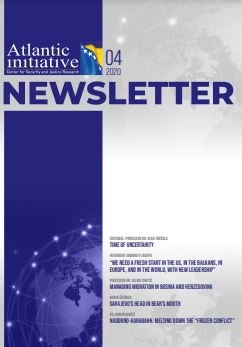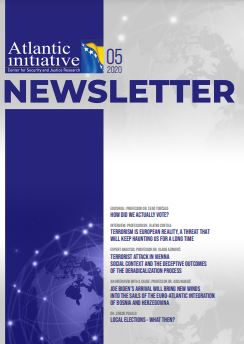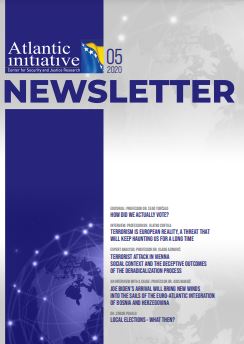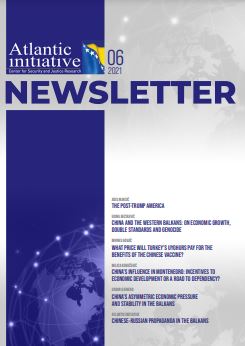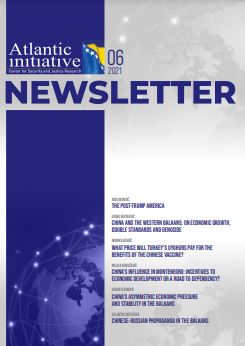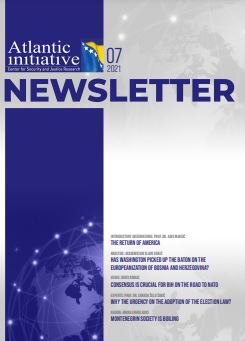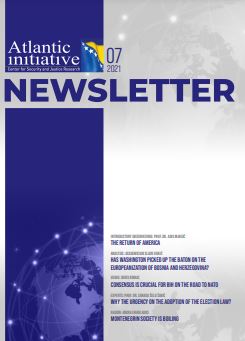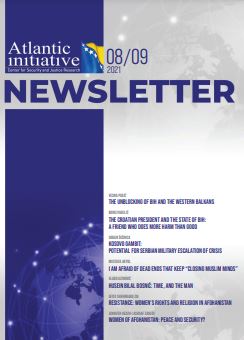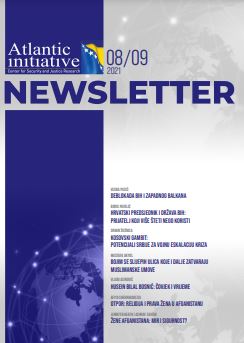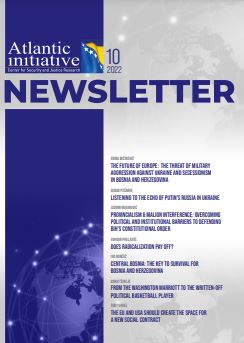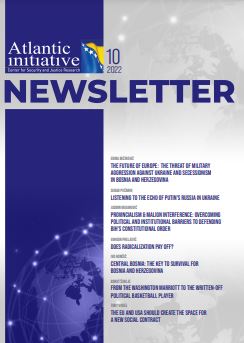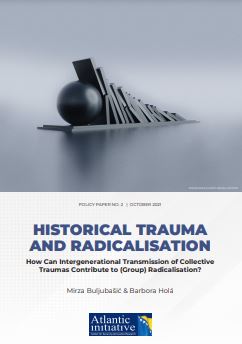
Historical Trauma and Radicalisation - How Can Intergenerational Transmission of Collective Traumas Contribute to (Group) Radicalisation?
Historical Trauma and Radicalisation - How Can Intergenerational Transmission of Collective Traumas Contribute to (Group) Radicalisation?
Keywords: criminology; collective trauma; intragenerational transmission; radicalisation studies;
In this paper, we attempt to build upon existing theoretical and empirical knowledge stemming from criminology, conflict and peace studies, and radicalisation/extremism studies, among others, in order to explore the (potential) role of historical trauma in (collective/group) radicalisation. Historical trauma is objective, altered, or imagined trauma that occurred in the (more or less distant) past and is shared by a group of people (i.e., is one of the markers of their group identity across generations). Radicalisation refers to a process of acquiring more and more extreme political, religious, or social ideologies, and becoming more prone to endorsing any form of (violent) extreme behaviour to achieve one’s goals. The intergenerational transmission of collective trauma can arguably have a significant role in the radicalisation of future generations who consider themselves historically victimized by “the Other”. The aim of this paper is to explore how the intergenerational transmission of collective trauma may contribute to (group) radicalisation. The paper, therefore, introduces a (thus far relatively neglected) intergenerational perspective in radicalisation studies. In order to do so, we first briefly address the existing knowledge on individual and collective radicalisation. Thereafter, we discuss individual and collective trauma and describe their consequences and manifestations. Then, we turn the attention to scholarship on the intergenerational transmission of the legacies of political violence, focusing in particular on the intergenerational transmission of collective trauma, i.e., historical trauma. The final section synthesizes our arguments and makes a couple of (tentative) claims on how historical trauma can potentially contribute to the radicalisation of present and future generations. This paper does not present conclusive evidence nor policy recommendations. Its main aim is to open new doors for further discussions and the future exploration of (violent) radicalisation, trauma, and their intergenerational consequences.
More...
